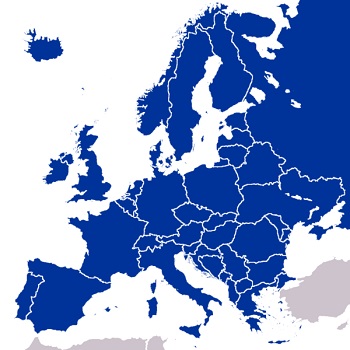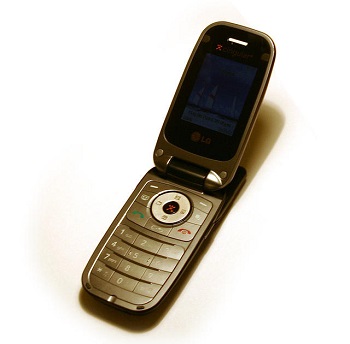Smartphone based shopping habits differ from one country to the next, according to a study across 11 markets.
German affiliate marketing network, Zanox, has conducted a data analysis across the 11 international primarily European markets in which it functions, in order to understand the mobile commerce behaviors of the people who live there.
What it determined was that there is actually quite a difference in the way m-commerce is used.
When looking at these habits from one country to the next, consumers use mobile commerce as a different part of their shopping behaviors. What the study revealed was that the United Kingdom and many of the Nordic countries use this technology the most frequently, while Switzerland records the smallest number of mobile transactions. That said, at the same time, Switzerland produces the highest average order value, particularly when it comes to the online travel industry.
This mobile commerce data was released as a part of the Zanox mobile Performance Barometer bi-annual report.
 The markets that were included within this report were the United Kingdom, Spain, Austria, Switzerland, Eastern Europe, Benelux, Italy, the Nordic countries, Germany and France.
The markets that were included within this report were the United Kingdom, Spain, Austria, Switzerland, Eastern Europe, Benelux, Italy, the Nordic countries, Germany and France.
There were some notable differences that were found to occur from one country or market to the next. For instance, in Spain, there is a traditional summer break that spans from July through September which affected consumer behaviors. During that same span of time, Italy saw a doubling of its transactions when compared to the activity they registered in March.
The periods in which countries traditionally take extended breaks and holidays were also those in which there were the strongest travel bookings made over mobile shopping channels. The increase in mobile sales was comparable in France and Eastern Europe, as they both reached a peak near the end of the year.
That said, throughout all the mobile commerce markets included in this study, there was a notable increase recorded. The boost in growth rates revealed that there has yet to be a maturation of the smartphone based shopping experience and that it continues to steadily develop, said the report that Zanox issued on its findings for the last half year.

 Retailers selling these prepaid mobile devices or SIM cards would be required to ask a consumer to present the following before a sale can be made:
Retailers selling these prepaid mobile devices or SIM cards would be required to ask a consumer to present the following before a sale can be made: